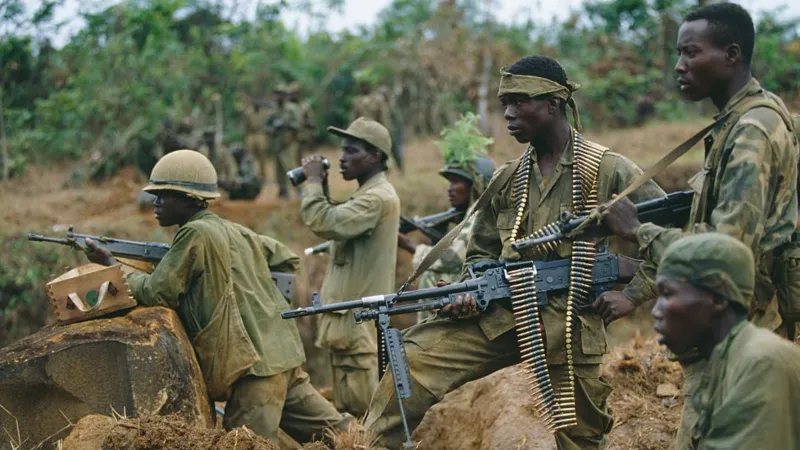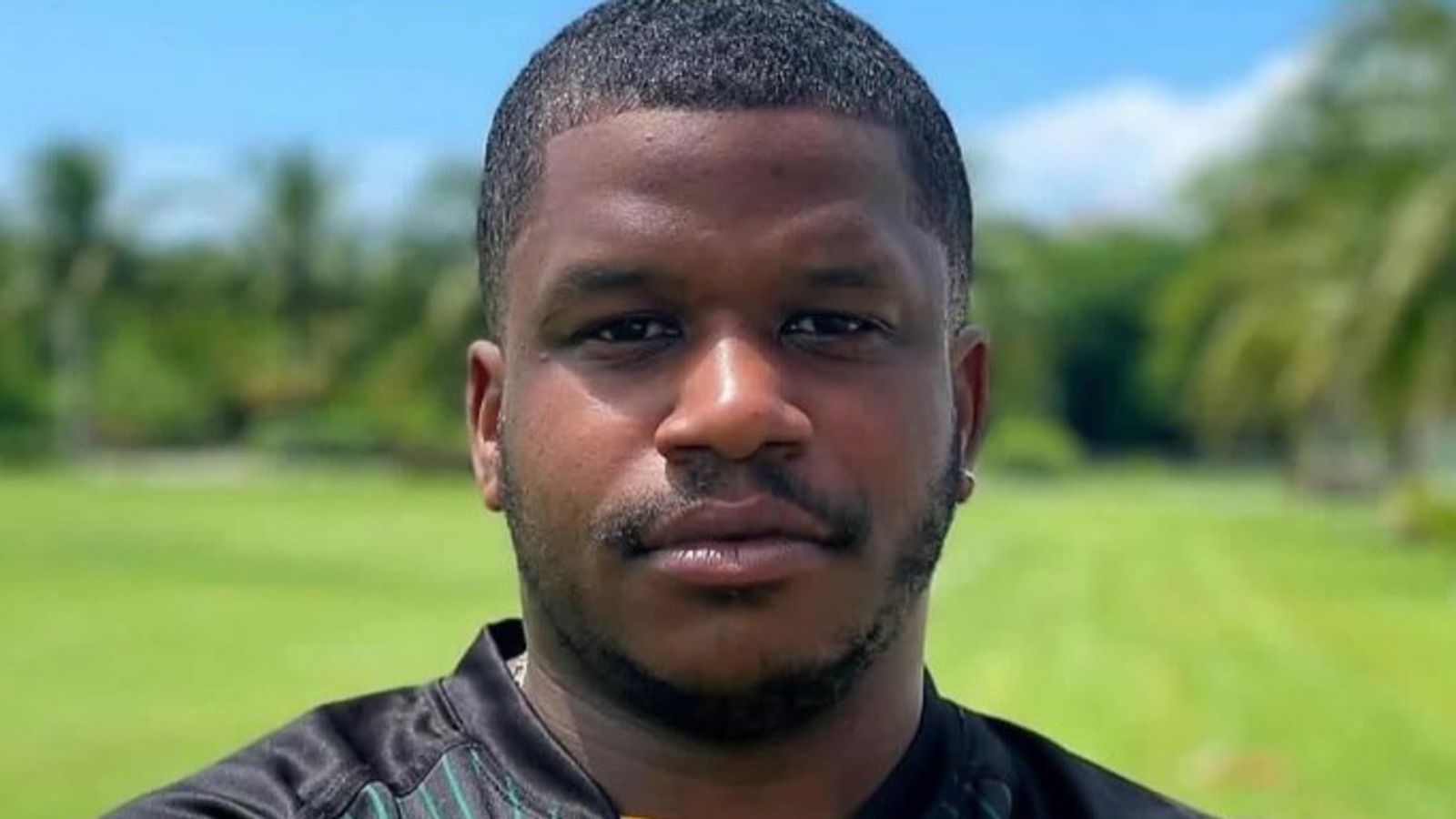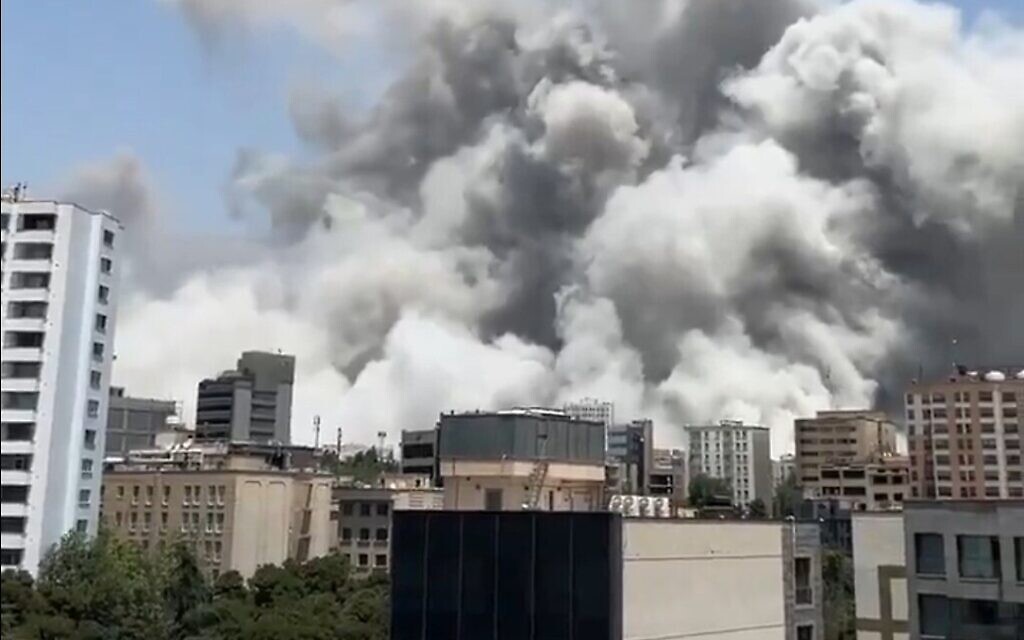Liberia's President Joseph Boakai to set up first war crimes court
Liberian President Joseph Boakai has signed an executive order to establish the country's first war crimes court, more than 20 years after the end of two civil wars which killed 250,000 people.

Mr Boakai said Liberia had "endured downpours of agony".
The 1989-2003 conflicts saw atrocities including mass killings, rape and the forced recruitment of child soldiers.
Critics in Liberia have opposed the creation of the court, saying it risks reopening old wounds.
But Mr Boakai said the court would "help ferret the causes and effects of the violence" and bring about "justice and healing".
Adama K Dempster, one of the lead campaigners for the establishment of a war crimes court told the BBC that although some people criticised Mr Boakai for making an "emotional" decision, it will bring closure for many others.
"It's an open show of support for war victims and survivors of the civil wars," he said.
International allies have also welcomed the move.
US Chargé d'Affaires in Liberia Catherine Rodriguez commended Mr Boakai for taking a "historic and courageous step to bring justice and accountability for the atrocities committed".
She said the US would support the court.
"We are optimistic that this initiative will bring an end to impunity for war and economic crimes, while promoting national reconciliation and sustainable peace," Ms Rodriguez said.
This is the first major step towards creating a war crimes court in Liberia.
A Truth and Reconciliation Commission (TRC) was set up in 2006 by former Liberian President Ellen Johnson Sirleaf, but it was not a tribunal.
In 2009 the TRC identified a list of people to be prosecuted for war crimes, but no action was taken.
It was mired in political controversy as it named sitting politicians like Senator Prince Yormie Johnson.
No-one has been tried in Liberia but some perpetrators have been convicted in other countries.
Liberia's former President Charles Taylor is currently serving a 50-year sentence for war crimes in the United Kingdom but that was for his role in the conflict in neighbouring Sierra Leone.
-bbc







